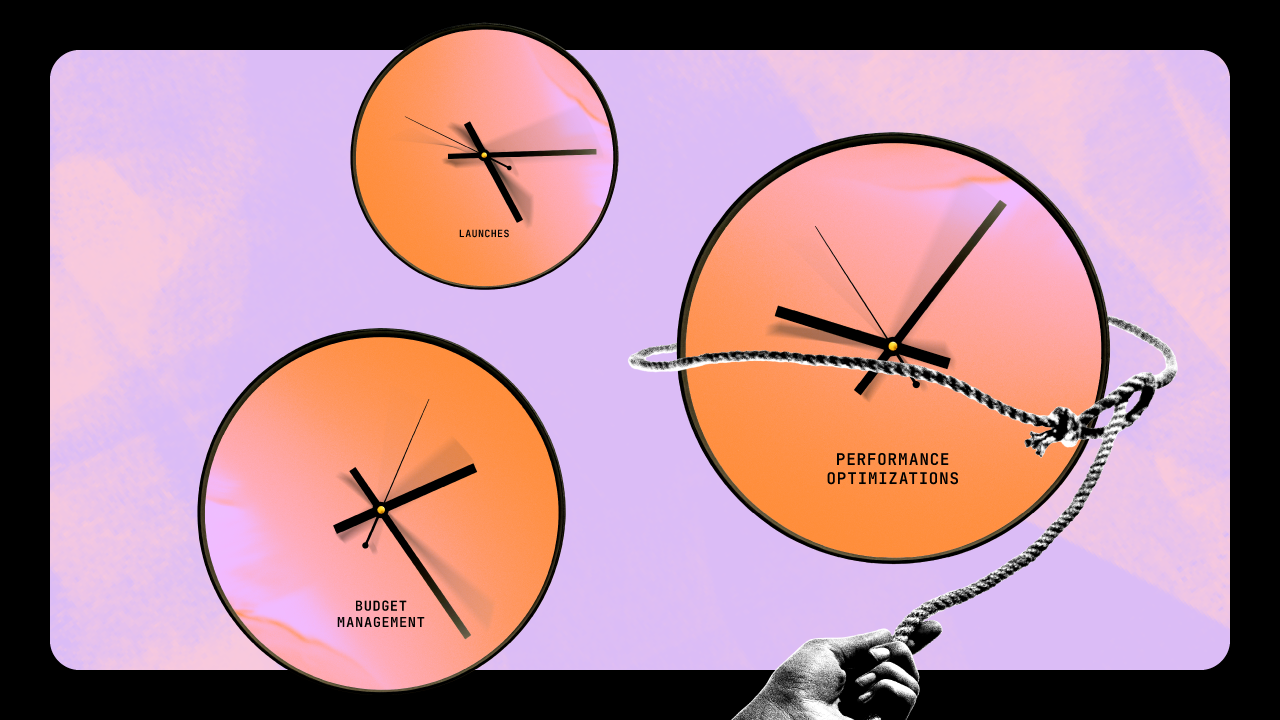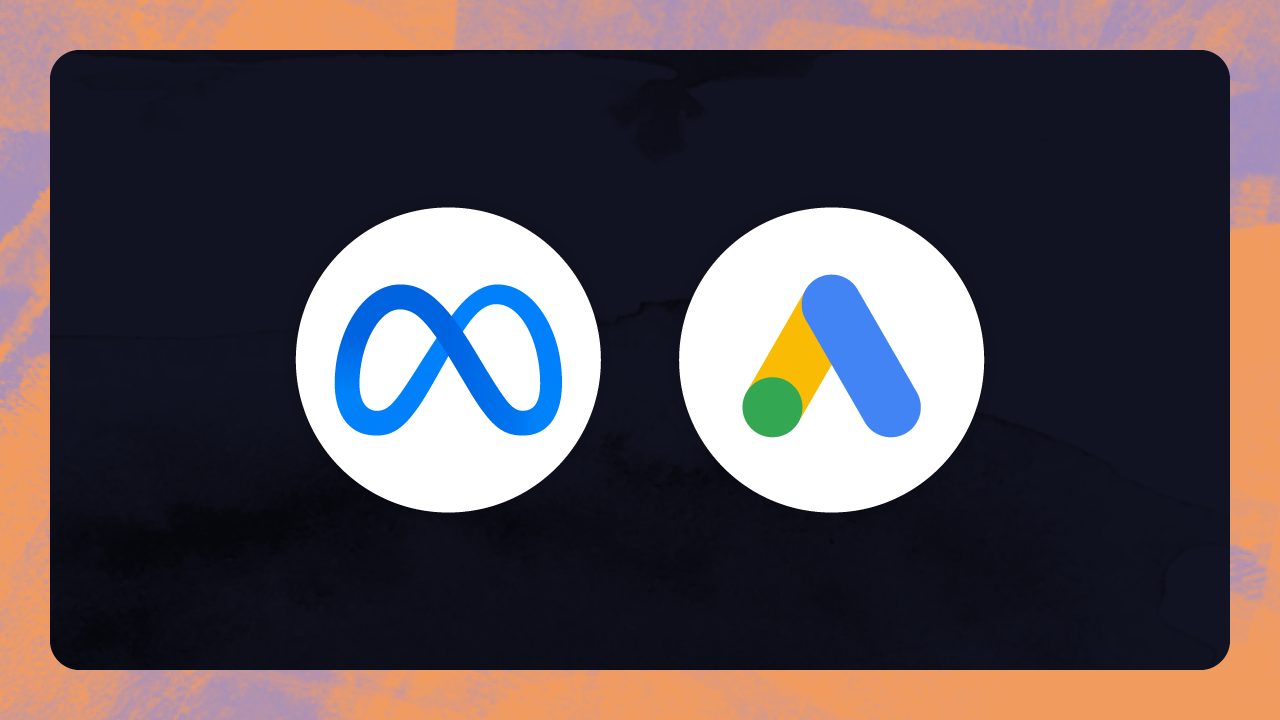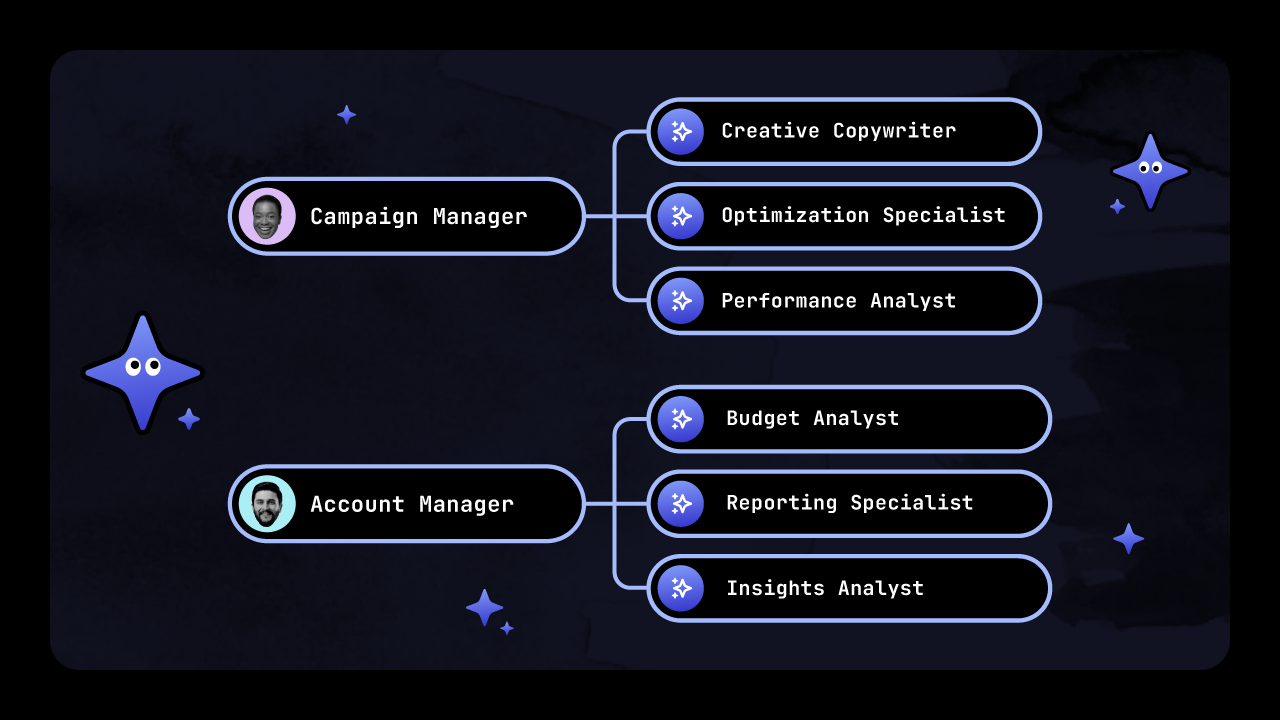If you're looking to stay ahead in the dynamic digital advertising environment, you've come to the right place. Platforms like Google, Meta, and Microsoft are continuously evolving their advertising capabilities, placing marketers and advertisers in a perpetual race to adapt to the latest updates. These advancements open new opportunities and introduce fresh challenges in advertising strategy development.
Understanding these platform updates is crucial for maintaining a competitive edge in the digital space. Whether it's leveraging the latest AI advancements, navigating through new ad formats, or optimizing for enhanced targeting options, being informed can make the difference between a successful campaign and a missed opportunity.
In this article, you will learn:
- The recent and forthcoming updates from Google, Meta, and Microsoft that are pivotal for digital advertisers to be aware of.
- Practical steps to immediately incorporate these changes for better campaign performance.
Armed with this knowledge, let's dive into the latest platform updates that demand your attention.
Evolving with Google: Location Targeting, Search Themes, and Cookieless Readiness
Limiting Country-Level Location Exclusions
In an attempt to streamline location targeting workflows and shift users into utilizing positive geographic targeting, Google Ads has started limiting country-level location exclusions to 120 entities. Advertisers exceeding this limit will be alerted via a warning notification moving forward.
Google reassures advertisers that there's no need to exclude areas they haven’t already targeted, as ads will not appear in places unless they’re explicitly targeted.
Performance Max Search Themes
Google has enhanced Performance Max (PMax) campaigns with the addition of search themes. This feature allows advertisers to inform Google's AI about specific customer search queries or topics crucial for conversions, ensuring broader reach across Google's advertising inventory.
Google recommends using search themes in various scenarios, such as:
- When landing pages lack detailed, up-to-date information about offerings.
- When a business is entering new markets.
- When a business is launching new products or services without extensive historical campaign data.
- When a business is introducing promotions or seasonal sales.
- When a business is aiming for accelerated campaign optimization and performance ramp-up.
Adopting these search themes enables advertisers to more precisely target their campaigns, ensuring they resonate with the right audience at the right time.
Google Encourages AI Investment Amid Third-Party Cookie Deprecation
Despite delays in third-party cookie deprecation, Google confirms its commitment to moving towards a cookieless Chrome by the second half of 2024. With only 30% of markets feeling prepared for this transition, Google is urging advertisers to prioritize AI investments and refine their targeting, measurement, and ad delivery strategies.
Additionally, Google suggests that advertisers should be proactively offering more transparency and control to consumers regarding their data usage to ensure seamless operation in a post-cookie advertising landscape.
As we navigate from Google's forward-thinking updates, let's shift our focus to Meta's platform, where AI and detailed targeting are setting new benchmarks for engaging and converting audiences in more personalized ways.
Meta's Innovations: A Leap Towards Enhanced Engagement
Meta Advantage Detailed Targeting Expansion
Meta is enhancing its targeting capabilities through the broad availability of Advantage detailed targeting across all campaign objectives. This development uses AI and machine learning technologies to identify a wider range of high-value customers beyond the originally specified audience group, aiming to boost campaign performance. Applicable to campaigns optimized for a variety of objectives, this launch necessitates updates to Meta’s Marketing API code by April 22, 2024.
Beyond broadening targeting capabilities, Meta is significantly enhancing its ad suite with AI-powered tools to enrich user engagement.
AI-Powered Updates to Advantage+ and Shopping Ads
Beyond broadening targeting capabilities, Meta is significantly enhancing its ad suite with AI-powered tools to enrich user engagement. The platform’s significant updates to Advantage+ and Shopping Ads leverage video, AI, and improved ad formats.
Bringing the Power of Video to More Products in Meta’s Advantage Suite
- Advantage+ Creative Optimizations: This update allows for automatic optimization of 9:16 video ads on Reels and the mobile Facebook and Instagram apps, helping advertisers create tailored to individual preferences.
- Advantage+ Catalog Ads: These ads will now allow the use of videos in addition to static images, making product presentations more engaging.
- Hero Images in Advantage+ Catalog Campaigns: Advertisers can now upload a hero image in the center of their catalog ads, and AI will dynamically showcase the best products from the catalog to enhance performance.
New Dynamic Formats for Advertisers to Engage Their Customers
- Reminder Ads: Advertisers can now Incorporate external links to new products or sales in their Reminder ads to help encourage customers to purchase.
- Highlight Promotions with Promo Codes: Meta is Introducing alphanumeric promo codes globally, enabling advertisers to effectively highlight promotions while increasing conversions and decreasing cost per purchase.
- Ads with Product Tags Expansion: Meta is extending ads with product tags to Facebook Feeds starting in March (previously Instagram only), with global availability launching in April, regardless of whether or not a business maintains a Shop.
Helping Retailers Enable Their Unique Media Network Offerings
- Collaborative Ads Update: Meta is improving its Collaborative ads feature by offering advertisers more insights into performance. Additionally, Meta is testing the ability for advertisers to use Collaborative ads in conjunction with Advantage+ shopping campaigns to decrease cost per acquisition and increase return on ad spend.
- Advantage+ Catalog Ads with Reporting: This spring, the launch of Advantage+ Catalog ads with comprehensive reporting aims to help retail media networks prove Meta ad effectiveness in driving sales online and in-store.
Meta's commitment to integrating AI-powered tools into its advertising solutions reflects an ongoing effort to make digital ads more personalized, engaging, and likely to drive purchase. These advancements promise advertisers new ways to captivate and connect with their target audiences.
Elevating Campaigns with Microsoft: Performance Max and Copilot Expansions
Global Availability of Performance Max
Microsoft Advertising has rolled out Performance Max globally, marking a significant step forward in automated campaign management. This advanced campaign type utilizes Microsoft's AI to streamline every aspect of campaign management, from asset creation to audience targeting, ensuring optimal results with minimal effort. For advertisers already utilizing Performance Max campaigns on Google Ads, Microsoft provides a straightforward option to import these campaigns directly, facilitating a smoother transition and integration across platforms.
Microsoft plans to enrich PMAX with additional features in the near future, including brand exclusions, search insights reports, search themes, and video assets.
Copilot Expansion for Enhanced Creativity
Expanding its Copilot feature to a broader range of advertisers and agencies, Microsoft Ads is setting a new standard in creative campaign support. Copilot enables advertisers to describe the needed content, whether it's an image or text, and generates personalized recommendations for campaign assets, headlines, and descriptions.
Microsoft's latest updates underscore its dedication to leveraging AI for simplifying and optimizing digital advertising in an increasingly complex landscape.
Harnessing Platform Updates to Boost Your Strategy
Adapting to the latest updates from Google, Meta, and Microsoft is not just about keeping pace with technological advancements; it's about strategically leveraging these changes to enhance campaign performance and achieve marketing objectives. Here are practical steps to integrate these updates into your advertising strategy effectively:
Embrace AI and Automation
- Capitalize on AI: With Google's push for advertisers to invest in AI and Microsoft's global rollout of Performance Max featuring AI-driven optimizations, embracing AI capabilities becomes essential. Identify opportunities in your campaign management and strategy where automation and AI insights can bring the most benefit.
Refine Your Targeting Approach
- Advanced Targeting Options: Meta's Advantage detailed targeting, now available for all campaign objectives, offers an opportunity to reach broader, more relevant audiences. Reevaluate your targeting strategies to incorporate these advanced options.
Engage with Dynamic Formats and Utilize Video
- Test New Ad Formats: Meta's dynamic formats, including Reminder ads and ads with product tags, offer fresh ways to engage your audience. Experimenting with these formats can uncover what resonates best with your target demographics. If you’re not currently utilizing video in your ads, you’re already behind.
Stay Agile and Continuously Adapt
- Monitor and Adjust: As you experiment with new strategies, keep a close eye on campaign performance metrics and be ready to pivot based on real-time data.
- Future-Proof Your Strategies: Anticipate and plan for future updates, like those promised by Microsoft for Performance Max, ensuring your campaigns remain effective and competitive.
By implementing these steps, advertisers can not only stay ahead of the curve but also unlock new opportunities for growth and engagement in their digital advertising efforts. It's about strategically integrating these updates to enhance overall campaign effectiveness and drive better results.
Looking Forward: How to Remain Competitive in a Constantly Evolving Market
The journey through the latest updates across Google, Meta, and Microsoft platforms underscores a clear trend: the future of digital advertising is dynamic, interactive, and increasingly automated. Continuous learning and adaptation are crucial as platforms evolve and introduce new features to meet the changing needs of advertisers and consumers alike.
To fully leverage these platform advancements, working with a partner that can streamline your ad operations and automate your advertising management without increasing your headcount becomes increasingly important to remain competitive. If you’re looking to simplify your digital advertising efforts while maximizing efficiency and performance, connecting with experts at Fluency could be your next strategic move.

.avif)




